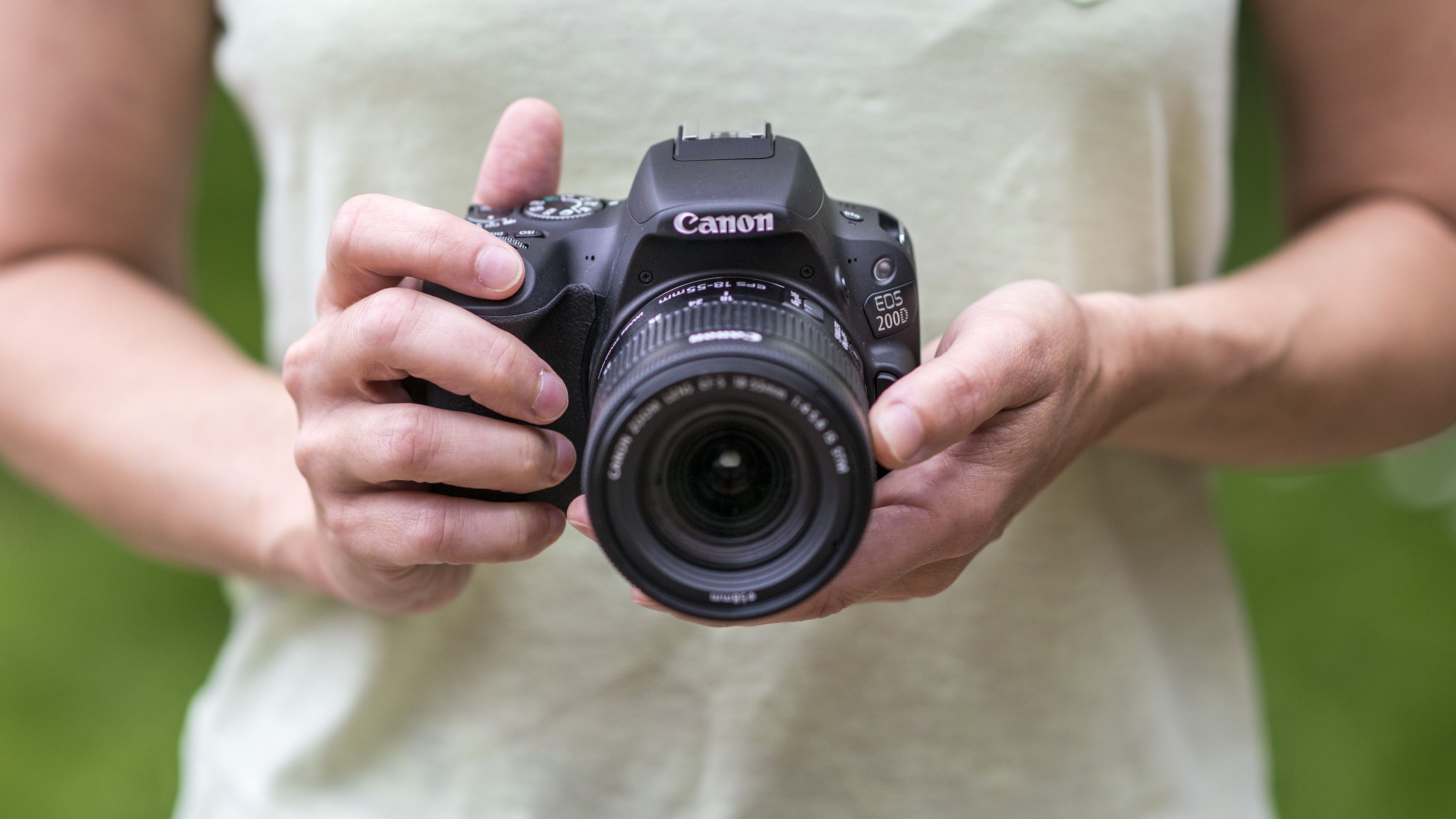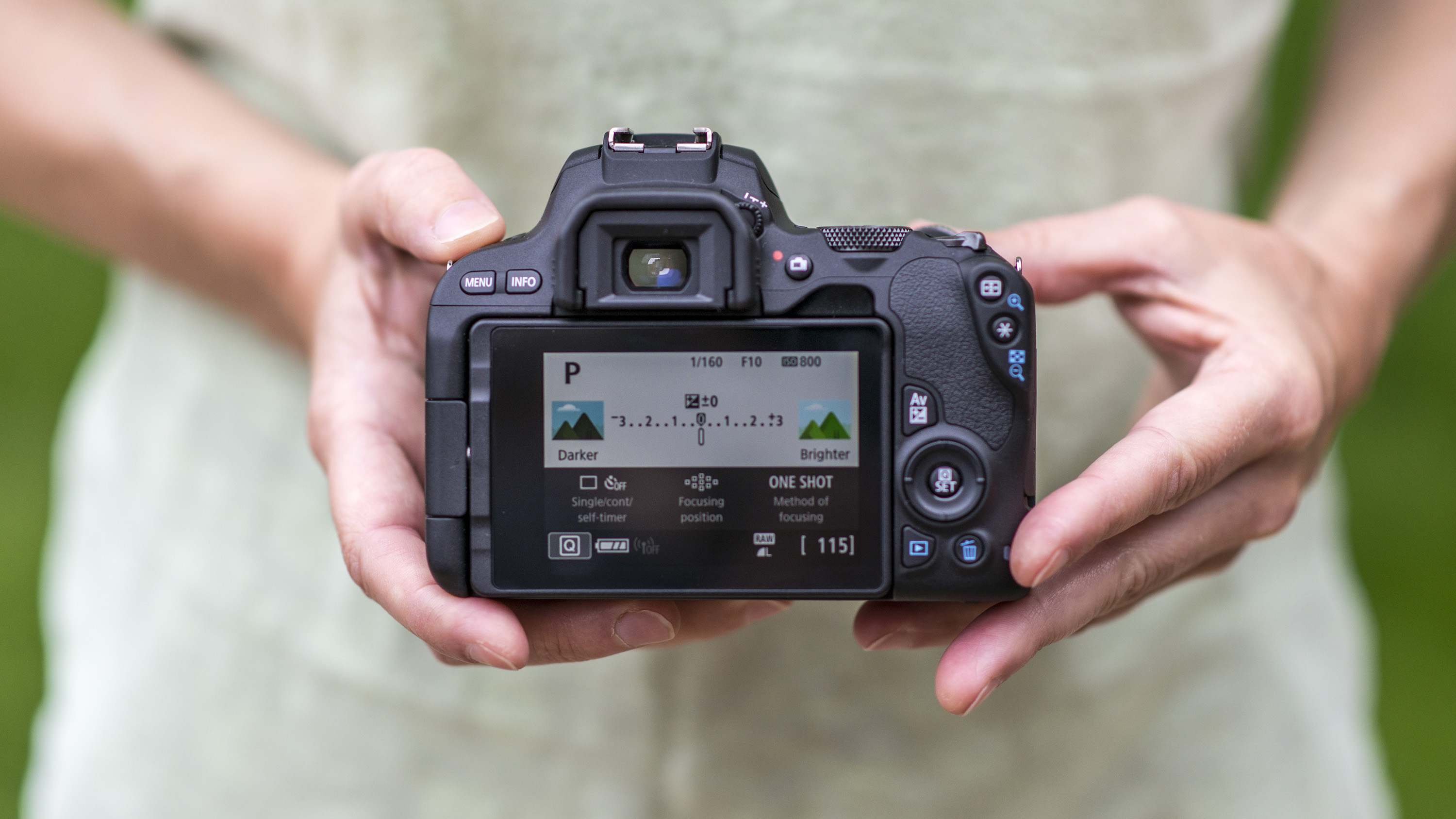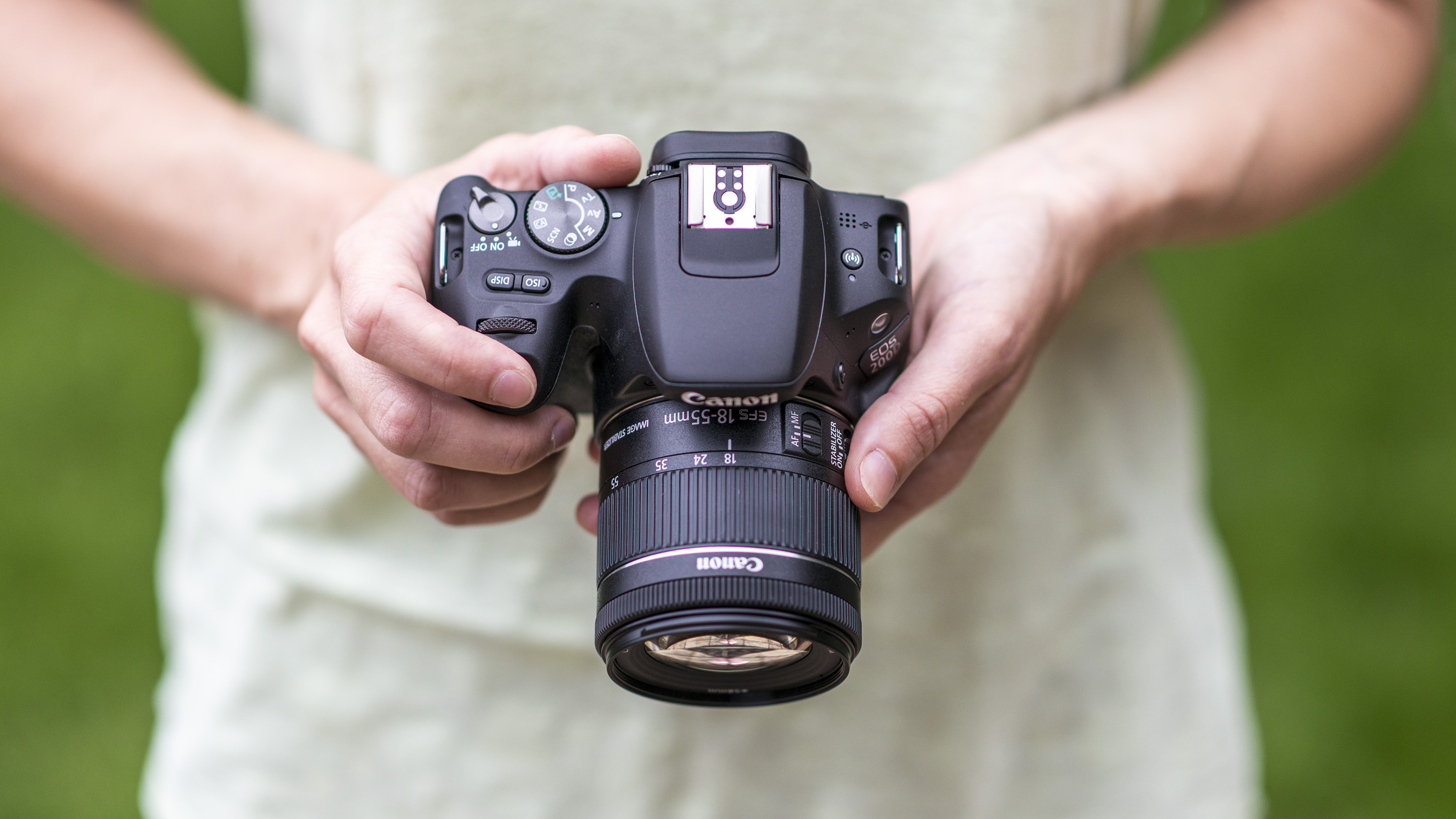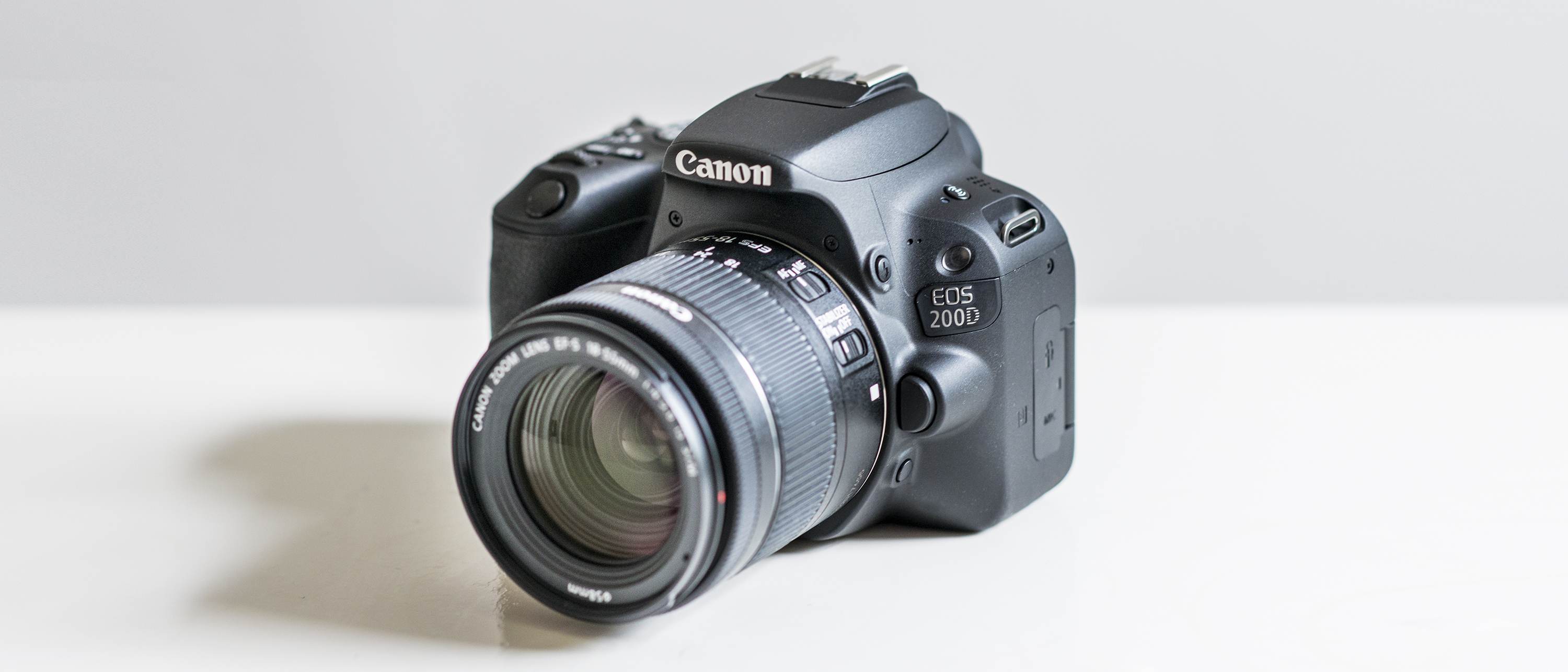TechRadar Verdict
The compact proportions of the original Rebel SL1 / 100D meant it was truly novel amongst its peers, but the slightly bulkier proportions of the EOS Rebel SL2 / EOS 200D make it feel more like a slightly pared-down Rebel T7i / 800D than anything unique. It's not a bad option for new users, but there are better-value alternatives available.
Pros
- +
Great Live View AF performance
- +
Polished touchscreen interface
- +
Easy to use
- +
Image quality very good
- +
User-friendly interface
Cons
- -
9-point AF system is somewhat basic
- -
High price – at least for now
- -
Plasticky finish
- -
No 4K video
Why you can trust TechRadar
The Canon EOS Rebel SL2 (EOS 200D outside the US) is one of Canon's most compact DSLRs, designed to appeal to those who are looking for a small and unintimidating camera, but want image quality that surpasses that from a compact model.
However, while the original Rebel SL1 / 100D arrived some four years ago and was designed to tempt users away from the mirrorless camera onslaught, Canon's own mirrorless range of cameras has expanded since then, so where does the EOS Rebel SL2 / EOS 200D now fit in?
Features
- APS-C CMOS Sensor, 24.2MP
- Full HD video recording
- Guided interface
With the 18MP sensor in the outgoing EOS Rebel SL1 / EOS 100D starting to look very dated against much newer competition, it's no surprise to see the EOS Rebel SL2 / EOS 200D get a bump in resolution to 24.2MP. It's the same sensor we've seen recently in both the EOS Rebel T7i / EOS 800D and EOS 77D.
The camera also gets Canon's latest DIGIC 7 image processor. The DIGIC 7 is said to be able to handle 14 times more information than the DIGIC 6, so it should be an even bigger step up from the DIGIC 5 chip in the Rebel SL1 / 100D.
Sensor: 24.2MP APS-C CMOS
Lens mount: Canon EF-S
Screen: 3.0-inch vari-angle touchscreen, 1,040,000 dots
Burst shooting: 5fps
Autofocus: 9-point AF
Video: Full HD 1080p
Connectivity: Wi-Fi and NFC
Battery life: 650 shots
Weight: 450g
This should deliver a big jump in AF performance, which we'll come to shortly, but the DIGIC 7 also helps to facilitate the Rebel SL2 / 200D's ISO range of ISO100-25,600. That's an extra stop more than the Rebel SL1 / 100D's ISO ceiling of 12,800, while there's also a Hi setting equivalent to ISO51,200, although you’ll have to select this in the custom menu.
Instead of the display sitting flush with the body, as we saw with the Rebel SL1 / 100D, the EOS Rebel SL2 / EOS 200D now gets a 3.0-inch, vari-angle touchscreen display with a resolution of 1,040,000 dots. The coverage of the optical viewfinder is only 95%, which is typical for DSLRs at this price, so you may find that unwanted elements creep into the edges of the frame when your review images. If framing is super-critical, you'll want to use the rear display.
The EOS Rebel SL2 / EOS 200D gets a 3.0-inch, vari-angle touchscreen display
The Rebel SL2 / 200D also gets Canon's new graphical user interface, which is designed to help new users get to grips with their camera and its various shooting modes; this can be turned off in the menu to be replaced by Canon's more traditional interface.
As we've seen with Canon's other recent DSLR announcements (with the exception of the EOS 5D Mark IV), the EOS Rebel SL2 / EOS 200D doesn't have 4K video capture, with Canon settling for Full HD, although footage can be captured at up to 60p.



Canon is plugging the EOS Rebel SL2 / EOS 200D as "the perfect replacement for the avid smartphone photographer looking to step up to their first camera". And, to tempt those users in, it's included a new selfie mode, together with skin smoothing and background blurring controls.
As is standard now on most cameras, there's built-in Wi-Fi, NFC and Bluetooth connectivity, so those used to quickly sharing their images on social media should be able to carry on where they left off. You'll just need to download the free app to take advantage of this.
Phil Hall is an experienced writer and editor having worked on some of the largest photography magazines in the UK, and now edit the photography channel of TechRadar, the UK's biggest tech website and one of the largest in the world. He has also worked on numerous commercial projects, including working with manufacturers like Nikon and Fujifilm on bespoke printed and online camera guides, as well as writing technique blogs and copy for the John Lewis Technology guide.

